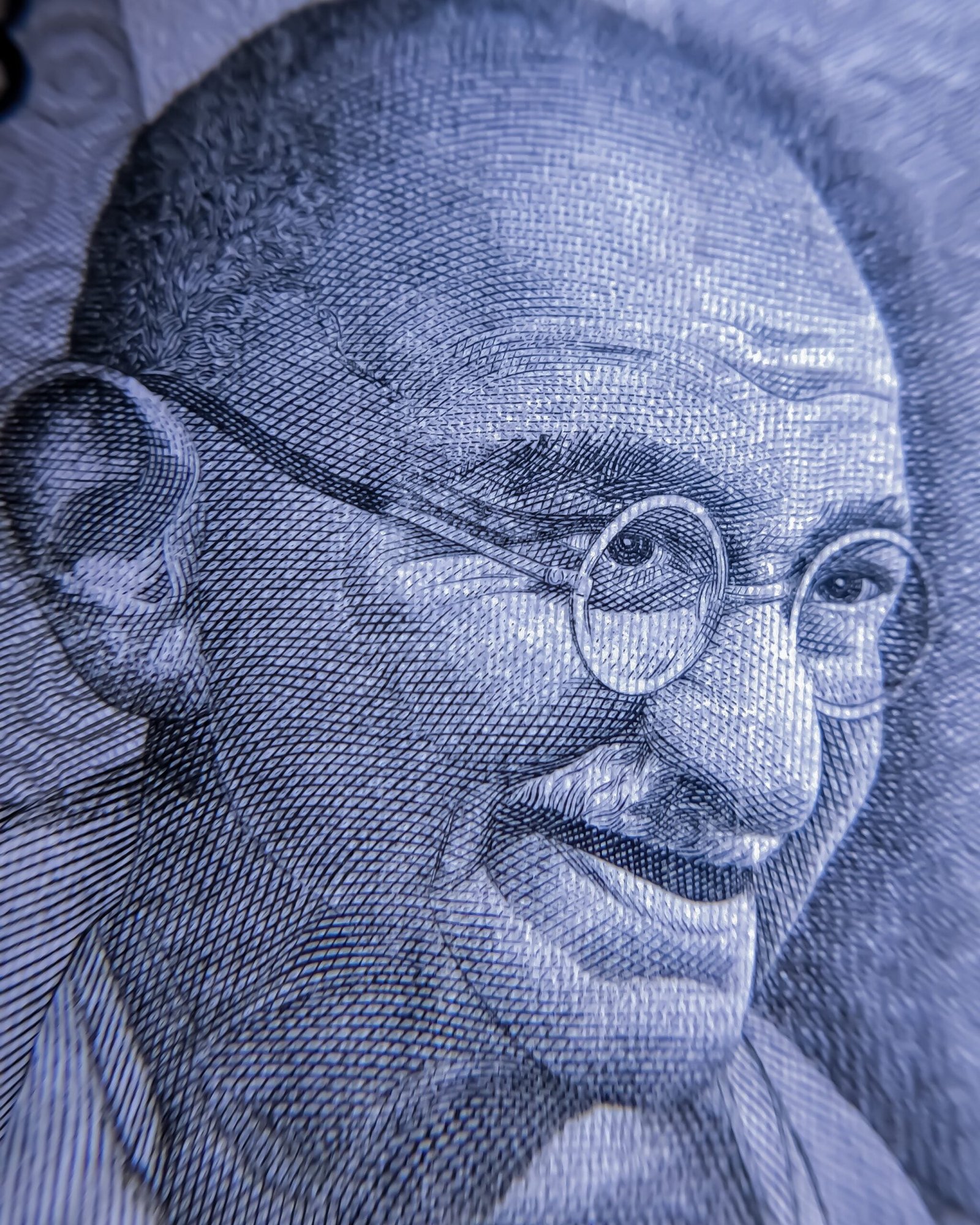Mahatma Gandhi: The Father of the Nation
Gandhi Jayanti, celebrated on 2nd October every year, is a day to remember and honor one of the greatest leaders in the history of India – Mahatma Gandhi. Also known as Bapu (father), Gandhi played a pivotal role in India’s struggle for independence from British rule and became an inspiration for millions of people around the world.
Gandhi’s principles of non-violence, truth, and self-discipline are still relevant in today’s world and continue to guide us in our pursuit of peace and harmony. On this auspicious day, let us take a moment to reflect on the life and teachings of this extraordinary man.
The Early Years
Mohandas Karamchand Gandhi was born on 2nd October 1869, in Porbandar, a small coastal town in Gujarat, India. From a young age, Gandhi showed great promise as a student and possessed a deep sense of justice and fairness.
After completing his education in England, Gandhi returned to India and started practicing law. However, he soon realized that his true calling lay in fighting for the rights of the oppressed and downtrodden. Inspired by the teachings of great philosophers like Henry David Thoreau and Leo Tolstoy, Gandhi embarked on a journey that would change the course of history.
The Salt March and Quit India Movement
Two of the most significant events in Gandhi’s life were the Salt March and the Quit India Movement. In 1930, Gandhi led a march to protest the British monopoly on salt production in India. This act of civil disobedience ignited a wave of protests across the country and marked a turning point in the fight for independence.
During the Quit India Movement in 1942, Gandhi called for the British to leave India immediately. The movement gained massive support from the Indian masses, and although it faced severe repression from the British authorities, it paved the way for India’s eventual freedom in 1947.
Legacy and Impact
Gandhi’s teachings and philosophy continue to inspire people across the globe. His commitment to non-violence and his emphasis on social justice, equality, and peace have made him an icon of peace and non-violent resistance.
Gandhi’s influence extends far beyond India’s struggle for independence. His methods of non-violent resistance have been adopted by civil rights leaders like Martin Luther King Jr. and Nelson Mandela. His principles of truth and non-violence are universal and can be applied to various aspects of life, be it personal relationships, politics, or international conflicts.
Conclusion
Gandhi Jayanti is not just a day to remember Mahatma Gandhi; it is a day to reflect on his teachings and apply them in our lives. As we celebrate this day, let us strive to embody the values that Gandhi stood for – truth, non-violence, and self-discipline. By doing so, we can contribute to a better and more peaceful world, just as Gandhi envisioned.






